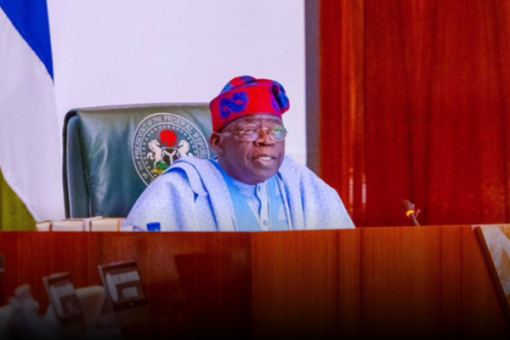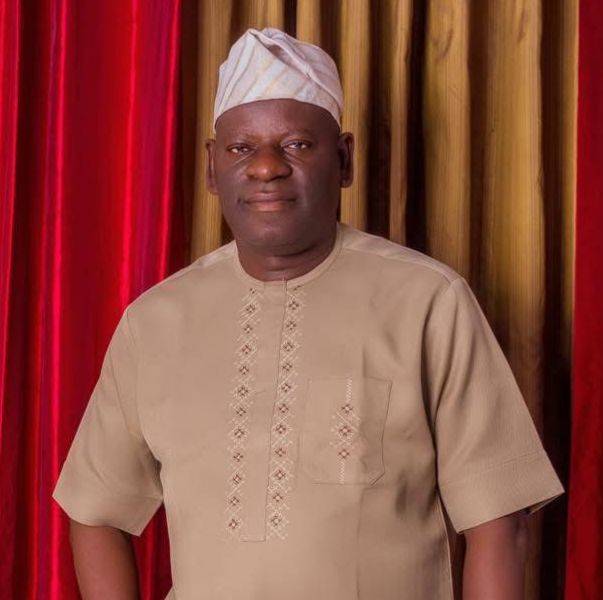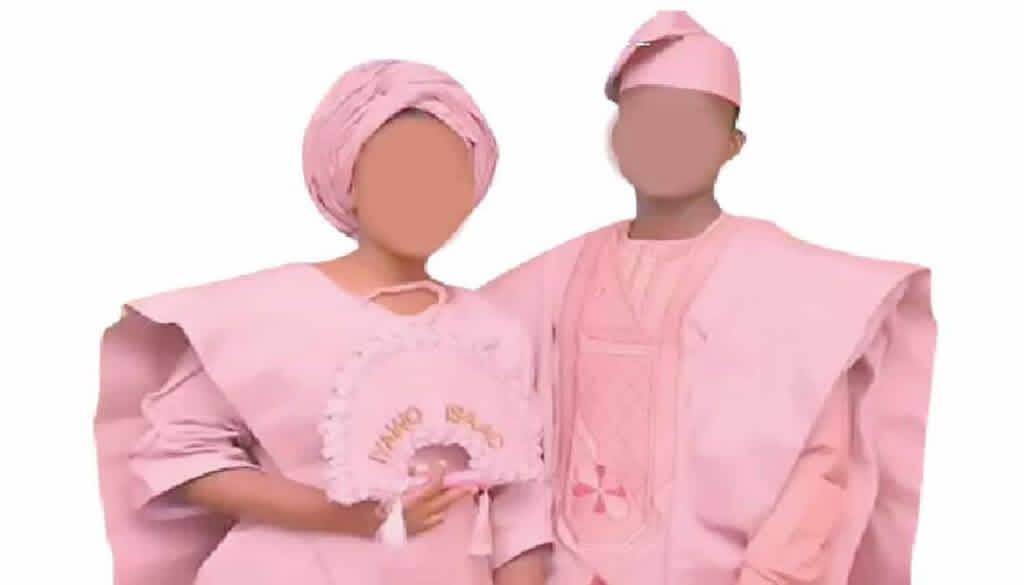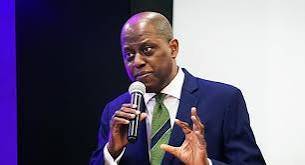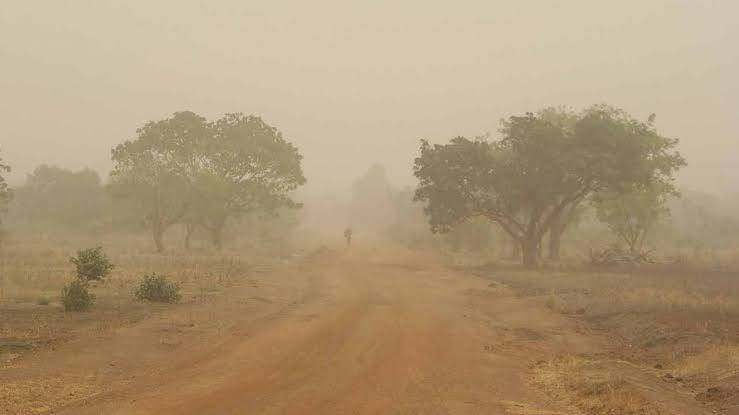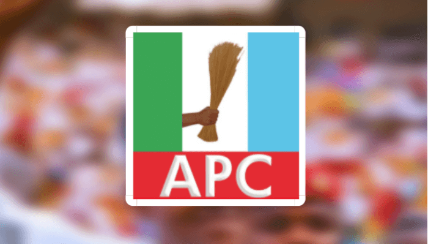By Emmanuel Oladesu
Two years later, it is evident that Nigerians made a wise choice. It is also clear that they never voted for Asiwaju Bola Ahmed Tinubu in vain. Despite the constraints, the country now faces the future with confidence and an assurance of a new lease of life.
Through the implementation of the ‘Renewed Hope Agenda’, a solid foundation has been laid for a brighter tomorrow.
Most Nigerians did not doubt his competence, patriotism, and capacity to make the country recover from its challenges. Even his rivals were well-versed in his antecedents, battles, triumphs, networks, and pedigree as a thinker, strategist, tactician, dynamo, and risk-taker. They would have underrated him to their political peril.
Many obstacles were thrown in his path. He was rejected by the nation’s self-proclaimed power brokers. He was disowned by influential leaders in the ruling party. Midway, he was deserted by some friends and subverted by close allies.
The naira change sparked protests that were injurious to his bid for power as candidate of the ruling party. Many thought the cash scarcity was orchestrated by the government of the day to inflict pain on the hoi polloi. Leaders in the top echelon of his party suddenly denied the existence of a presidential zoning agreement in a bid to scuttle his chances. He was severely abused on social media by miscreants recruited to peddle lies about his health and wealth. The ignoramuses campaigned against his strategic option of a Muslim/Muslim ticket. Unable to find a rational ground, they labelled it a religious war, an Islamisation agenda.
Ethnicity was also thrown up, as it is being attempted now, to incite tribes against one another. Ethnic felons invaded his home base. They infiltrated the state’s political space with the desperation of a hungry hyena. They ganged up for a defeat.
After the inauguration, the opposition unleashed its media onslaught. The bad losers intensified efforts to distract him. The litigation battle was fierce.
Akin to the infamous twelve two-thirds of the Second Republic, the self-appointed mathematics teacher of politics misinterpreted the FCT votes for a stand-alone calculation in the aggregated ballot. There were so many issues they filed before the tribunal for determination. The court tutored them how not to interpret the Electoral Law from the pedestrian’s pedestal.
In the end, he survived the plots, the tricks, and the evil machinations of his foes.
The opposition gang knew from the beginning that President Bola Ahmed Tinubu would live up to expectations. They knew that even if he touched ashes, they would turn to gold. This reality of competence and capacity for performance has compounded their frustration and limited the effectiveness of their propaganda, prevarication, and falsehood in the media.
They still build castles in the air about weakening the administration through virulent attacks, with the aid of a section of compromised and adversarial media, deluding themselves into believing that they could cajole Nigerians, who are the mass beneficiaries of the bold reforms, laudable policies and verifiable people-friendly programmes.
As they gaze towards 2027, the coalition curators fear that after four years, the President would be unstoppable, having earned the full trust and undiluted respect of voters, who now reassess his administration realistically, based on its feats, despite the mounting socio-economic and political challenges.
An experienced politician, President Tinubu knew where he was heading. He could not be teleguided by the forces of a principality – the cabal that had held the county by the jugular for decades.
The President set out by setting up a cabinet of talents. The Federal Executive Council (FEC) is a reflection of the country’s political diversity. Indolence is not condoned among the members. A year and a half later, a corrupt minister and others who could not measure up were relieved of their positions.
Never afraid to make tough decisions, the President, right on the inauguration ground at Eagle Square in Abuja, exhibited rare courage and dared the public enemies by removing the fuel subsidy. He could not be intimidated by the barons. They, therefore, regressed into the outdated campaign of calumny and cheap blackmail.
Read Also: Infrastructural development in FCT monumental under Tinubu – Ortom
The inexplicable subsidy usually drained over $10 billion each year. Within two months of its removal, Nigeria’s savings exceeded ₦1 trillion.
Later, the forex was overhauled and much later, tax reforms were initiated. The harmonised exchange rates have been aligned. The pain of inflationary pressures was real. But it is transient. The bold step drew over $6 billion in foreign inflows and confidence in the currency was restored.
In all his decisive steps, President Tinubu has been guided by a national interest. He is also not afraid of the judgment of history. But in sticking to the protection of collective interest, he has also motivated Nigerians to make a joint sacrifice because reforms require patience, time, and resilience.
To his credit, the President consults widely; he is accessible and there is no blockage of feedback on his policy and programme implementation. He is not the President of APC but the leader of all Nigerians. He does not discriminate. Due to his style and method, he has been able to work smoothly with the governors and National Assembly members who now understand him as a symbol of unity.
The synergy between the Executive and the National Assembly has contributed greatly to the smooth running of government, unlike the cat-and-dog relationship of the past when the Executive and the Legislature never saw eye to eye. It was as if the primary duty of the parliament was to bring down the Executive, and vice versa.
This Executive/Legislative harmony has been uncritically confused with rubber-stamping by the lawmakers. But to right-thinking citizens, it underscores a dose of maturity critical to democratic stability. The mutual understanding has not led to the violation of separation of powers and checks and balances. It has doused conflicts and contributed to the prevailing peace in his administration.
President Tinubu combines the experience of a senator, pro-democracy activist, governor, national party leader, opposition arrowhead, and president in steering the ship of state in a challenging time. His major opponents lack these rich credentials.
The unique presidential style of wide consultation has heralded improved inter-governmental relations, exchange of ideas, conflict resolution, and consensus building. Under his watch, the President and heads of the sub-national units, irrespective of political leanings, share a joint vision of development. They are working harmoniously as partners in progress.
Governance is demarcated, to a certain extent, from politicking, thus preventing a diversion of attention from state business. President Tinubu is endowed with irresistible social skills. Thus, the rapport between him and the governors from the opposition camp is confounding to opposition leaders who have been used to the hullabaloo of the past and the tension it unleashed on the polity.
The increased allocations to states and local governments should foster development at the state and grassroots levels at a faster rate.
Unlike in the past, the hands of the central government are not heavy on the other tiers that form the federating units. Gone are the days of ruptured and acrimonious federal/state relations that were characterised by federal bullying and seizure of state and council allocations.
Neither is any anti-graft agency deployed as a malicious tool of oppression, suppression, blackmail, witch-hunting, and victimisation of perceived political opponents.
A culture of equity is also being promoted. In resolving the crisis of distribution, the novel model of fairness and justice has given birth to six development commissions that are equivalent to the number of geo-political zones. Huge resources would be channelled to these agencies to meet the peculiar needs of the zones. It is now up to each region to ensure that the commissions meet the targeted objectives of regional development.
President Tinubu has also given impetus to electoral reforms by ensuring that post-2023 off-cycle governorship and parliamentary elections substantially complied with the Constitution and the Electoral Act. He has shown that election is neither a war nor a do-or-die affair. That is the hallmark of statesmanship.
The twin challenges inherited by the current administration are insecurity and a dilapidated economy. President Tinubu has fought terror with renewed vigour. Over 13,500 terrorists have been neutralised in the Northeast and Northwest. The no-go areas, particularly the Abuja/Kaduna axis, have been liberated from hoodlums.
It is expected that other forms of violence will be curtailed when state police structures come on board. Border security has to be reinvigorated and the communities have to play their roles in combating insecurity through intelligence gathering and sharing. More policemen and soldiers should be recruited to fill the shortfall in the security architecture – at all levels.
Also, it is expected that the ‘Nigerian Forest Security Service’ will harness local knowledge to secure rural frontiers and safeguard natural resources.
The economy is a work in progress. But the hardship is coming to an end. The government has reported that over $10 billion FX debt has been cleared; a 3.84 per cent Gross Domestic Product (GDP) growth was recorded in the last quarter of last year, the highest in three years. Foreign exchange reserves have increased from $3.99 billion in 2023 to $23.11 billion last year. It should be pointed out that the GDP is also driven by the resilient non-oil sector.
The government has attracted investment in the new oil and gas sector. Over 900,000 are beneficiaries of the Presidential Loan and Grant Scheme.
However, much still needs to be done. Inflation is a big threat. The standard and quality of living need a lot of work to improve. Electricity supply is stabilising, but at a huge cost under the ubiquitous shylock service providers. The huge government support has not fetched many benefits to the citizens. The service providers still shortchange the industries, households, and individuals while smiling to the bank.
The President recently approved ₦32.7 billion for the National Social Investment Programme (SIP). Fifteen million households are targeted for direct support.
Also, the President has reinstated the conditional cash transfers to 12 million vulnerable households and launched the Nigerian Consumer Credit Corporation to expand formal lending to women and young citizens. If these schemes are implemented well, they would boost socio-economic adjustment and expand relief across the national social strata.
Yet, three achievements still stand out: the N70,000 minimum wage payment to workers, the Nigerian Education Loan Fund (NELFUND), and the successful infrastructure battle.
More universities, polytechnics, and colleges are springing up across the country, thereby expanding access to tertiary education among the youth. But the upgrading of polytechnics to universities has provoked some debates. Are polytechnics not making enough contributions to technological development?
The injection of more funds to the federal technical colleges is laudable. It is good news that technical college students would now be entitled to monthly stipends. In the nation’s quest for technological development, these colleges have big roles to play so that Nigeria would no longer rely on artisans from Benin Republic and Togo and Chinese technicians who have become highly prized expatriates.
To the delight of Nigerians, Labour agitations for a minimum wage yielded results under the Tinubu administration. It is the baseline for earning a living wage. Now, labour tensions have drastically reduced. It is gratifying that some states, taking a cue from the Federal Government, are paying more. This is a positive signal to seeing an effective federalism in action.
Indeed, no fewer than 300,000 students have benefitted from student loans. It is one scheme of equality and equity. The burden is being lifted off parents, guardians, and indigent students whose education was hitherto threatened by low socio-economic status.
President Tinubu is constructing the Lagos-Calabar Coastal Highway. He has reiterated his administration’s commitment to completing the Lagos/Sokoto Highway and the Lagos–Ibadan standard-gauge railway. Recently, the President decided to make Nigeria a huge construction site. According to the Works Ministry, 440 road projects are ongoing. There is no geo-political zone that is left out. Through these projects, employment is generated. There will also be ease of movement, the market will be integrated and business will boom. It would be more pleasant if many governors could replicate these feats in their states.
It is just half time in the time of this administration’s first tenure. So far, there is transparency and there is accountability. The President has two more years to do more and consolidate. Nigerians expect more giant strides across the sectors. The CNG conversion initiative is relatively slow. Yet, the gains would be enormous, if the initiative is fully embraced.
Local government autonomy raised hopes. If it is delayed, they melt away. Nigerians have to decide whether the country should be a two-tier federation of one general, central, national, or federal government with the 36 states as coordinate units or a three-tier system comprising federal, state, and local governments. Either of the two is good, but the operators matter.
The need for state police should no longer hang in the air. The Bill for its creation is taking too long and thirsty for presidential assent.
It is gratifying that President Tinubu has been endorsed for a second term by his party. The opposition has pushed the country to a situation where Nigerians now earnestly anticipate 2027. There is a need for critical balance. Politics should not be allowed to divert attention from governance.
Culled from The Naion


